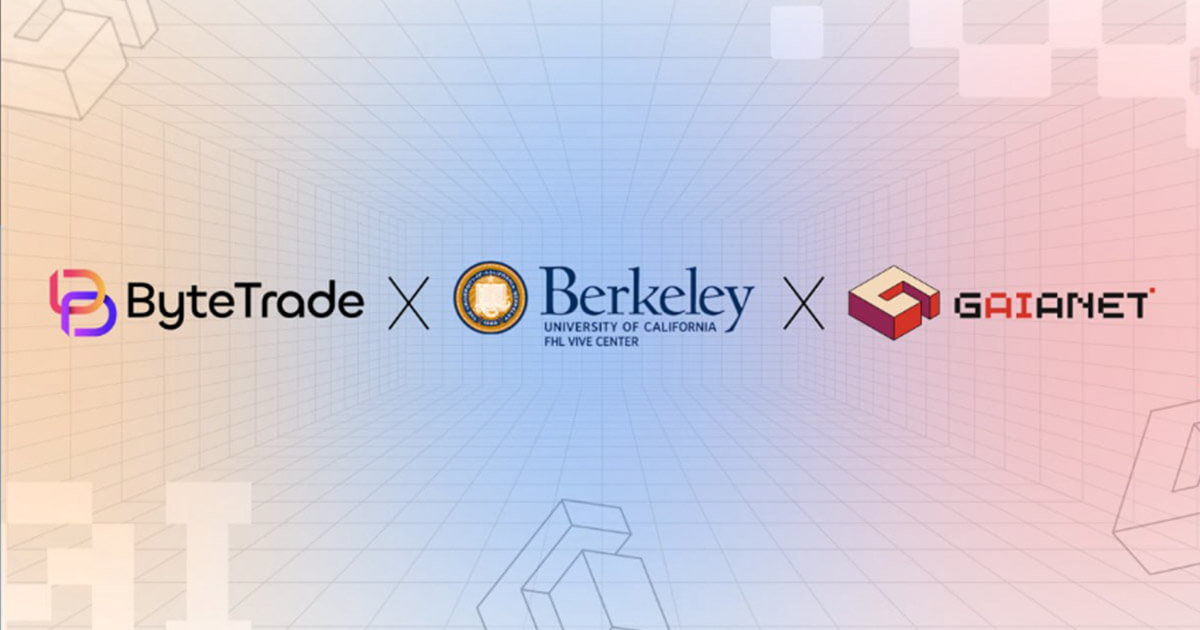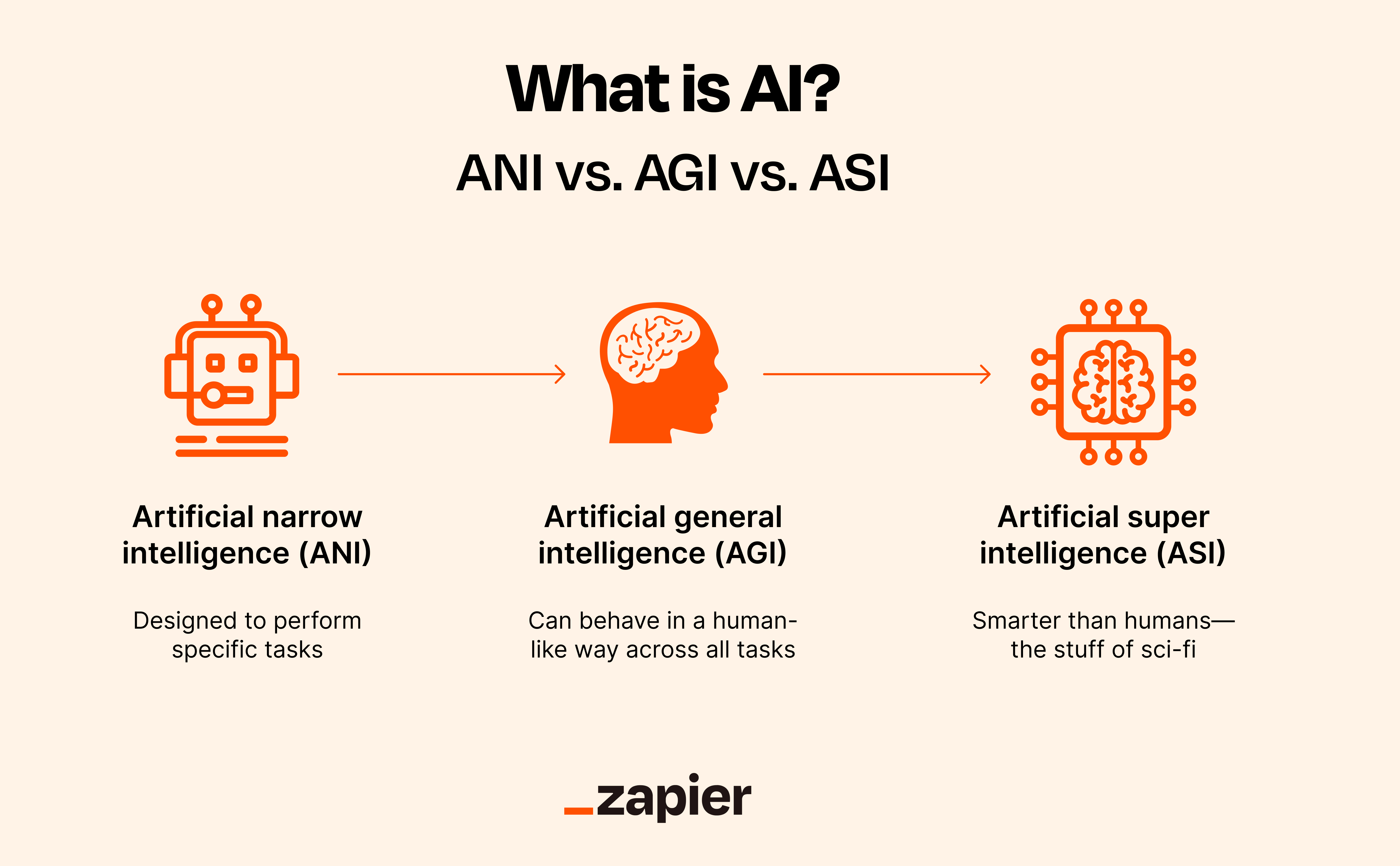Decentralizing AI: The Future of Language Models
The AI landscape is undergoing a significant shift, with decentralized networks and open-source language models gaining traction. In this article, we’ll explore the latest developments in the field, including IBM’s partnership with AI Singapore to test the Southeast Asian Languages in One Network (SEA-LION) model, and GaiaNet’s decentralized AI infrastructure.
SEA-LION: A Step Towards Localization
IBM has inked an agreement with AI Singapore to test the SEA-LION model, which aims to provide organizations with the ability to choose suitable AI models for their business requirements. This partnership marks a significant step towards localization, enabling developers to build customized AI applications.
GaiaNet: Decentralizing AI Infrastructure
GaiaNet, a pioneering AI infrastructure project, has secured $10 million in funding to decentralize current AI agent software. By harnessing a distributed network of edge nodes, GaiaNet aims to pave the way for a new era of decentralized AI interaction and application.
The Future of AI: Decentralization and Localization
As AI continues to evolve, it’s clear that decentralization and localization will play a crucial role in shaping its future. With projects like SEA-LION and GaiaNet leading the charge, we can expect to see a shift towards more accessible, data bias-resistant, collaborative, and privacy-centric AI systems.
The Hype Around AI: A Reality Check
A recent study suggests that despite the hype surrounding AI, very few people are regularly using AI products like ChatGPT. However, young people are bucking the trend, with 18- to 24-year-olds being the most eager adopters of the tech.
Conclusion
As we move forward in the AI era, it’s essential to strike a balance between the hype and the reality. By embracing decentralization and localization, we can create a more inclusive and accessible AI ecosystem that benefits everyone.
Decentralized AI infrastructure
SEA-LION model
 GaiaNet logo
GaiaNet logo















